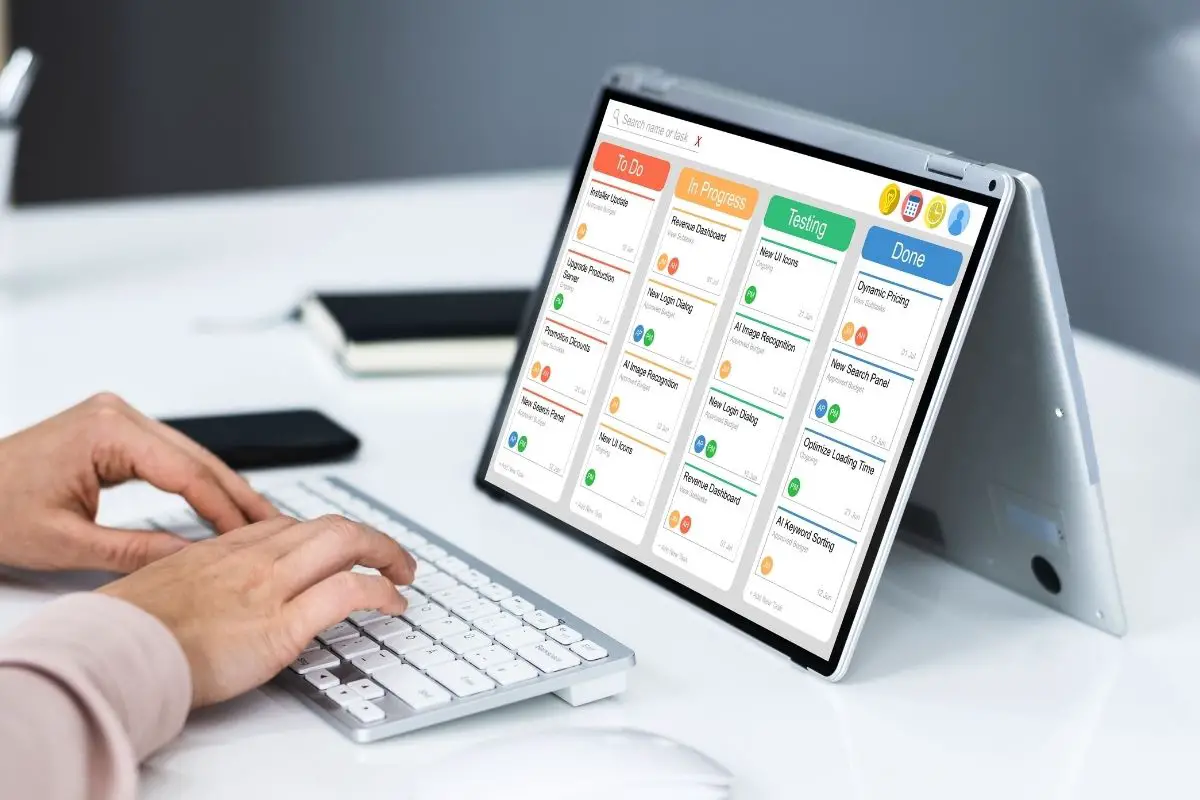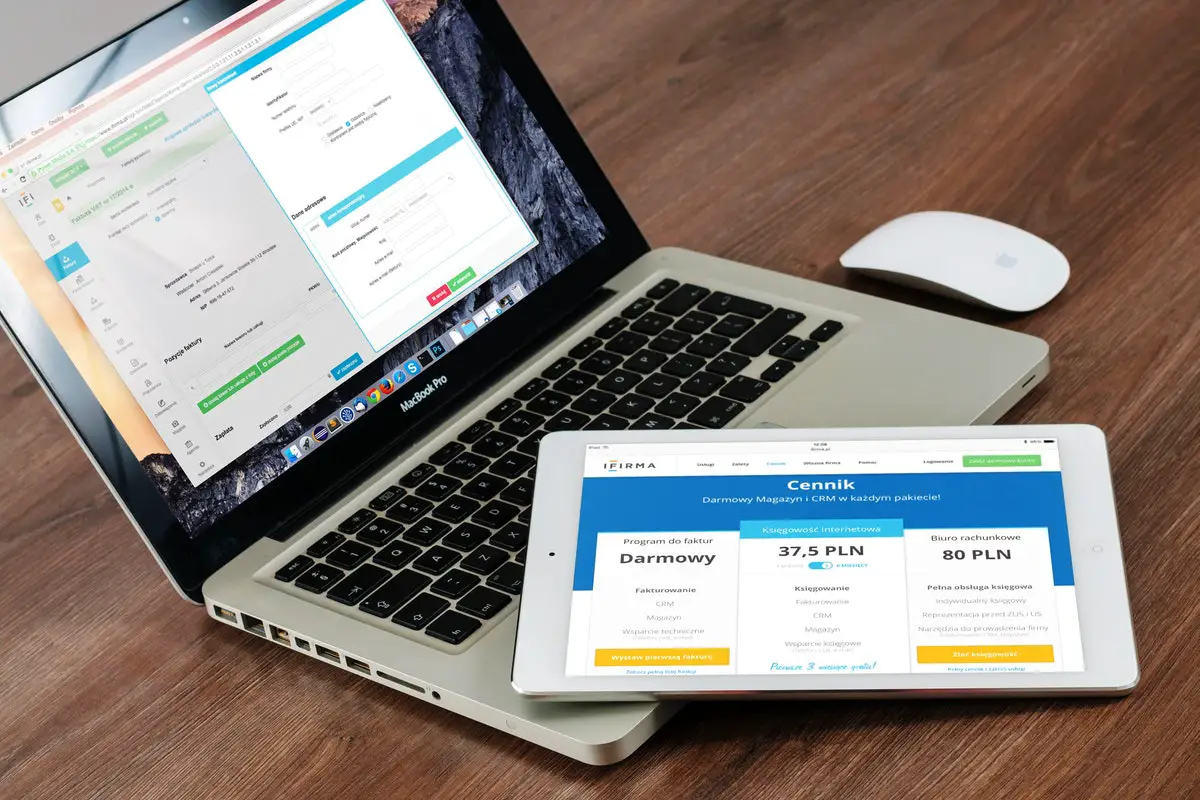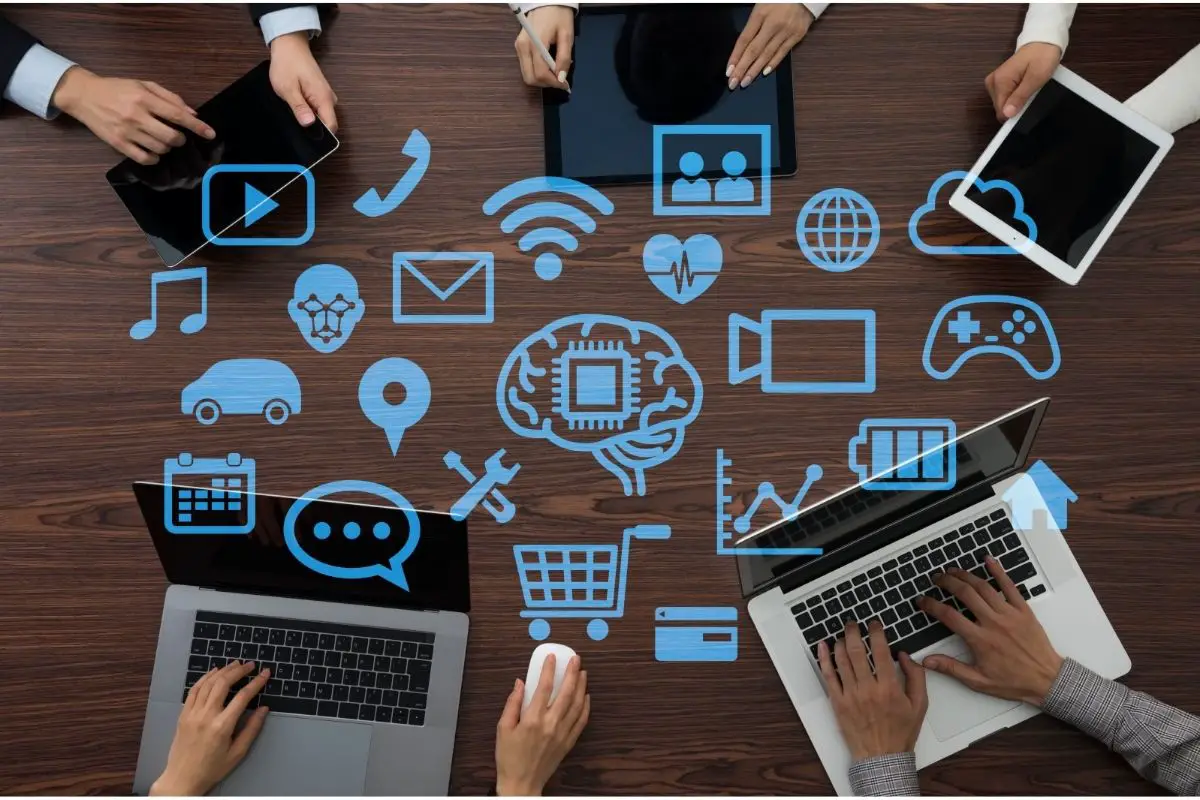There are a few specific departments that the emergence of AI has benefitted drastically over the years such as education and the car industry, but none have seen as much of a staggering improvement in accessibility and effectiveness as much as healthcare.
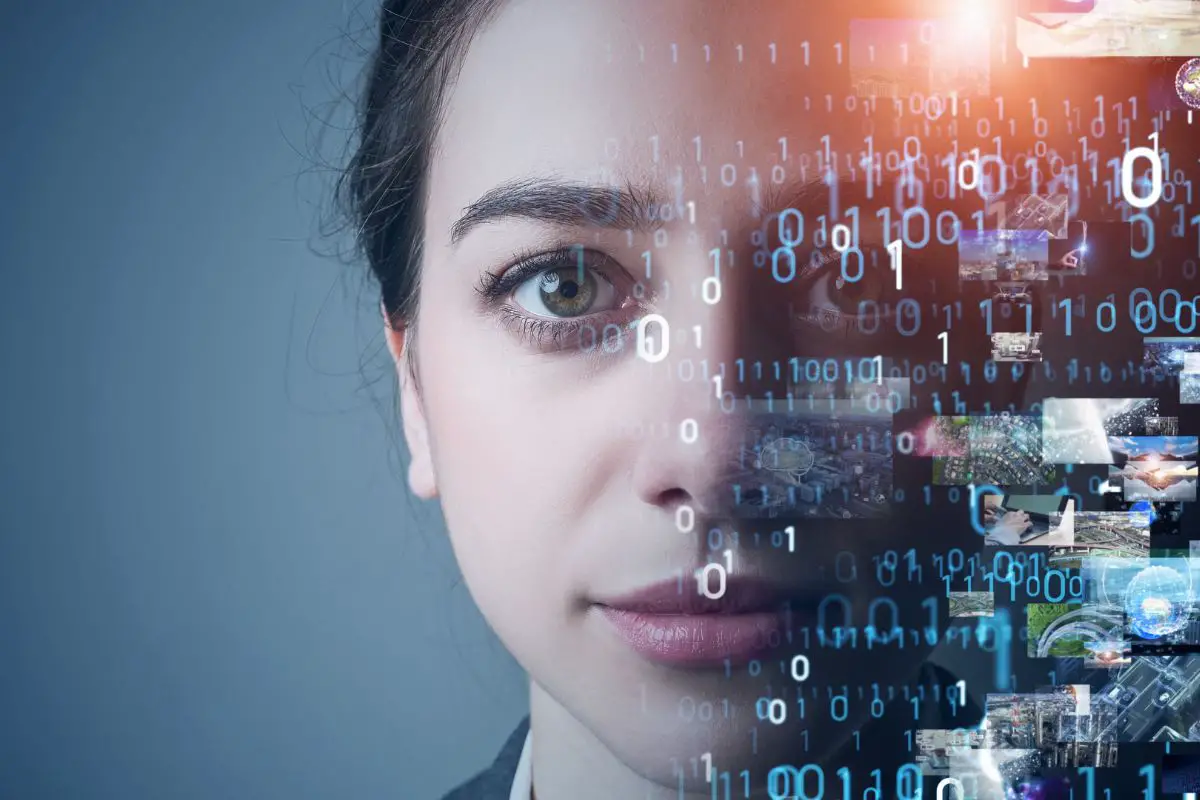
AI technology has not only made it much easier to detect infections and diseases within patients much further in advance, but it has also allowed poorer communities who may not have immediate access to healthcare to be able to receive a check-up and receive the correct treatment much easier.
Of course, we all know how good AI can be at keeping track of our personal data and history, which is another reason why it is so highly valued in the healthcare industry, making it easy to keep a reliable record of any treatments and procedures that have taken place.
If you’re curious to learn a little more about what exactly these AI tools are, and how they are being used by medical professionals, keep reading as we take a closer look at the most popular AI devices, programs, and software being used by healthcare businesses today.
1. Patient Management Software
Most health businesses will use patient AI management software to keep a database of all medical records, appointments, and treatments that have been administered to a particular patient.
This type of software is not a very new inclusion and has actually been around for over a decade at this point, but its functionalities and capabilities have been upgraded over time so that it can now track a lot more information than before which can benefit both the patient and the medical professional.
For example, many types of patient management software will be able to keep track of inventory management and lab work, and can even address specific processes such as blood testing and inpatient tracking.
2. AI-Tailored Medications
Many healthcare companies have begun using AI software to identify the right kind of therapy and medication by analyzing patterns within a person’s biology and concluding what the correct solution will be.
Some diseases can take years of trial and error before a doctor is able to determine what the best fix will be since everyone has their own unique genetic and biological makeup which can take a tremendous amount of time and resources to analyze.
AI is, therefore, able to quickly detect any abnormalities in the body before then calculating what type of treatment would be the most appropriate for the issue, providing the medical expert with a good starting point on what is most probably the solution they are looking for.
3. AR/VR Training
Training to work in a healthcare business can be a very challenging and arduous task, especially since it can already take long enough to receive face-to-face training procedures, which are designed to teach you about the duties and responsibilities that come with caring for and treating a patient.
Many healthcare businesses have noticed the sudden emergence of VR/AR technology, and have decided to incorporate it into their own training schemes, with the AI creating a realistic scenario in a virtual world where the trainee can learn all the essential information and techniques needed at their own pace.
Outside of the workplace, there are also many online programs such as Osso VR which provide VR training courses and even assessments for aspiring surgeons who are able to improve their knowledge and skills at home too.
4. Telemedicine
Telemedicine is a form of remote medicine that has become increasingly popular since the Covid-19 pandemic, and it involves diagnosing a patient via an AI that absorbs enough information to make an accurate calculation of what a person’s problem may be, no matter whether it’s physical or mental.
VirtuSense is one of the leading telemedicine companies that many healthcare businesses have started using.
It can alert patients about high-risk changes that may precipitate a fall, allowing them to know how at risk they might be from receiving an injury, while also providing all the information needed on how to prevent it.
There is more telemedicine software being developed each and every year that hones in on specializing in a specific infection or disease, making it much easier to diagnose a patient since all the information built into the AI will be completely relevant.
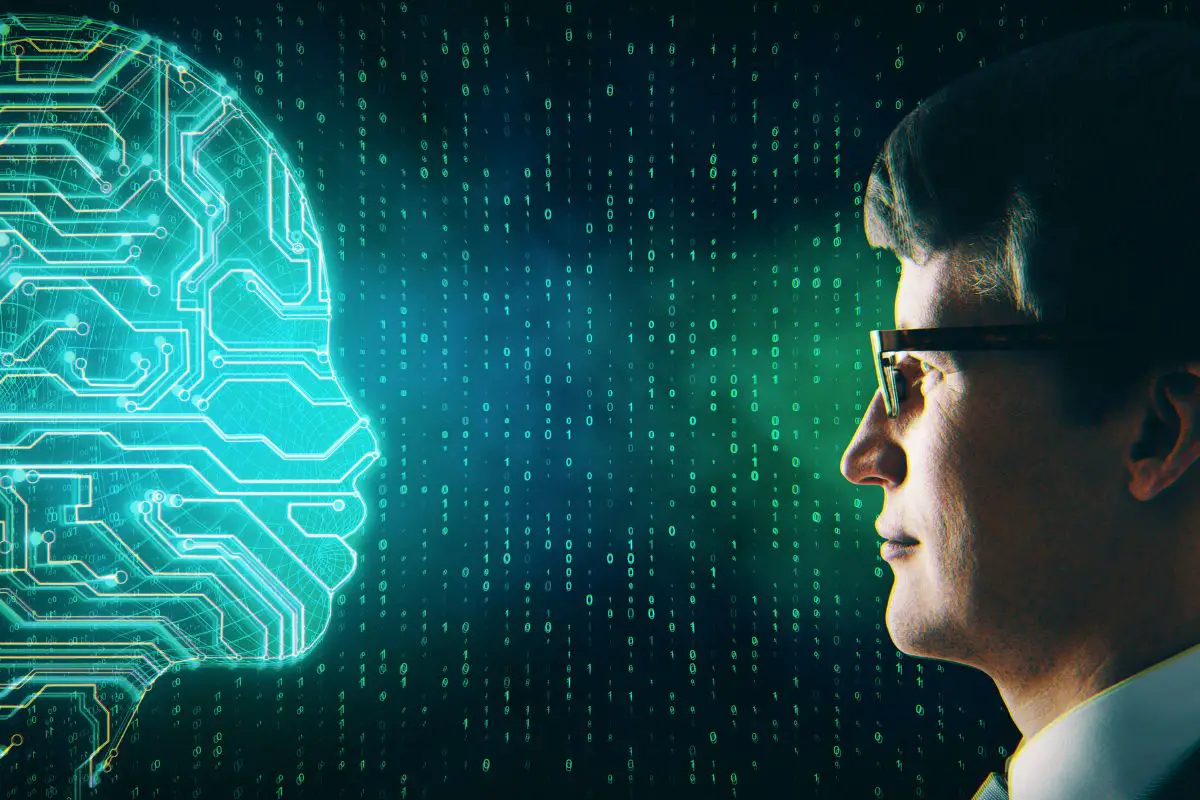
5. MRI-Compatible Surgical Systems
While these surgical systems are still in their infancy in terms of development, they are already changing the way people see medical procedures, and are estimated to become much more common in many healthcare businesses and hospitals in the coming years.
The way these AI machines work is by receiving information provided by an MRI brain scan.
Once the scan has retrieved several high-quality images from the inside soft tissues, the robot will identify which areas need to be operated on, and will then use precise tools to conduct the operation manually.
As of right now, most of these MRI-compatible surgical systems are manually driven, but with more research and testing, there is a high chance we could see them acting independently at some point down the road if they are determined to be reliable and safe enough.
6. Speech-Processing AI
Many healthcare businesses have begun using speech-processing AI algorithms to distinguish voice recordings between people with a normal cognition, and a cognition that could be related to dementia.
These tools provide an automated analysis of a person’s cognitive status without even needing to use a self-reporting system, and several models have been shown to successfully detect the oncoming of dementia before any severe symptoms even appear.
This has also been the case with patients who might suffer from Alzheimer’s disease later on in their life by using a retinal photograph-based deep learning algorithm.
These types of AI programs are still being developed and tested, but recent studies have shown them to be extremely accurate, and a huge step forward in terms of treating both common diseases.
7. Medical Dictation Software
While a lot of healthcare AI resources are designed to help and assist the patient, there are also many that make life a lot easier for the carers and professionals too, especially when it comes to saving time which is exactly what medical dictation software is designed for.
This dictation software can essentially register what a person says when it is activated, and will then record said information in real-time.
This is usually done through quick notes or remarks while treating a patient, but it can also be after a session when the medical professional has a plan of action that they want to record for themselves so that they can remember for their next session.
Medical dictation software is definitely not as advanced in comparison to some of the AI machines and virtual training that many healthcare businesses have started using in the last few years, but it is still a prime example of how artificial intelligence is making life easier in this industry for both the patients and the providers.
Summary
The emergence of artificial intelligence has made diagnosing and treating patients so much quicker and more accurate than it ever used to be, to the point where many people are actually unaware of just how many AI-powered tools are utilized behind the scenes, despite the fact that they are becoming very commonplace, especially those listed above.
- Who Is Hubspot Marketing Hub Biggest Competitors & Alternatives? - August 28, 2023
- Why Is AI Booming In The Workplace At The Moment? - August 21, 2023
- Why TensorFlow Is So Popular (Here Are 5 Reasons Why) - August 7, 2023


